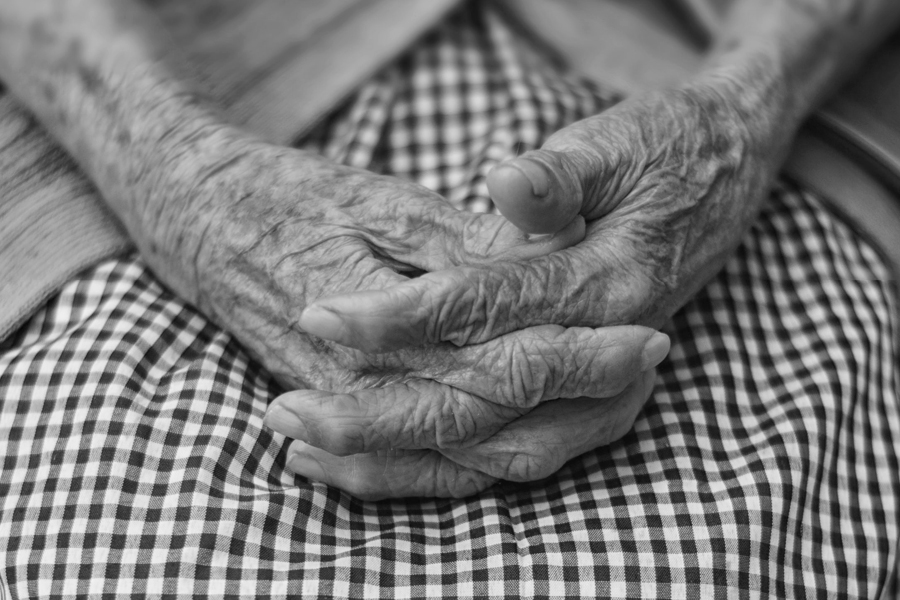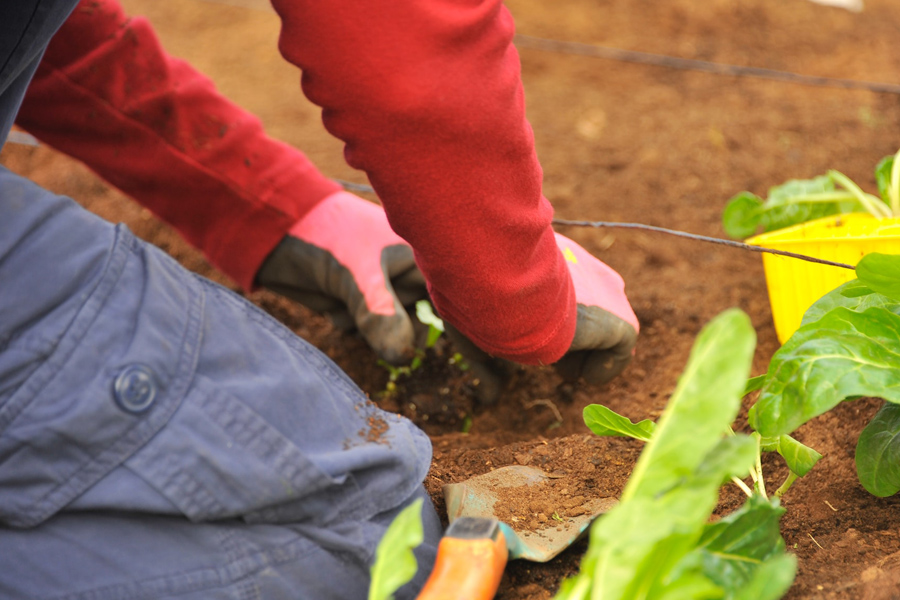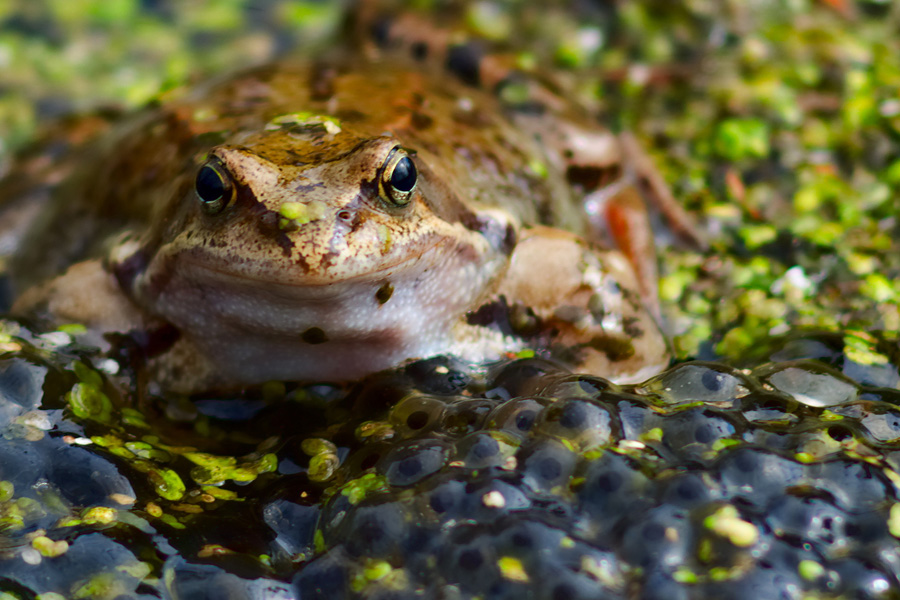Cornfield Constellations
By Liza Sofia
I roll down my window on the carriageway to get a better look at the sky.
It’s a good thing I’m not driving because I can’t keep my eyes from drifting up to the ethereal clouds above us. I point out a pair of dancing squirrels in the sky, their bushy tails intertwined, and I tell you they remind me of when I lived in Boston and fed squirrels on the Common in the evening. Ahead of us is an antique butter churn cloud. I tell you it reminds me of my first-grade field trip to an 18th-century manor. You can’t see the squirrels or the churn, but that’s all right. I’m happy to explain each cloud as we drive by.
But I don’t think the miles and miles of cornfields stretched out ahead of us are enough. I’m getting scared the road will run out.
I ask you to pull over every time we pass a patch of land with grass cut low enough for us to lay on, but you say we can’t because it’s private property. There isn’t a foot of terrain that isn’t private property. There’s always some pesky red barn attached like a tick you can’t shake off.
I can’t blame people for wanting to own the land and the clouds above it. Everyone likes watching clouds—the same way everyone likes watching sunsets and meteor showers and shooting stars. Watching them makes you feel small in the grand scheme of the universe.
But not right now. Right now, I’m an ancient Greek goddess riding through crop fields in a light blue Hyundai Sonata chariot, telling you the myths behind each of my constellations.
It’s getting darker. I’ve never liked the heat, but for once I want the sun to stay in the sky just a little longer.
I think about taking your hand off the steering wheel so I can guide it as I trace the cloud outline of the long-vined potted plant that almost fell on my head as a toddler, but I doubt you’d see it. Instead, I take your hand and hold it tight in mine and silently vow to tell you these stories tomorrow.
About the Writer:
Liza Sofia is a 21-year-old university student who is currently studying French and Economics in Rochester, New York. Her passion for the literary arts started in early childhood, and she finished her first book manuscript at 17. Her writing has appeared in Raw Arts Review Journal of Arts, The White Wall Review, Coffin Bell Journal, Horseshoe and Hand Grenades, Fingerlake Journal, Sheepshead Review, and the Paragon Press.
.
















